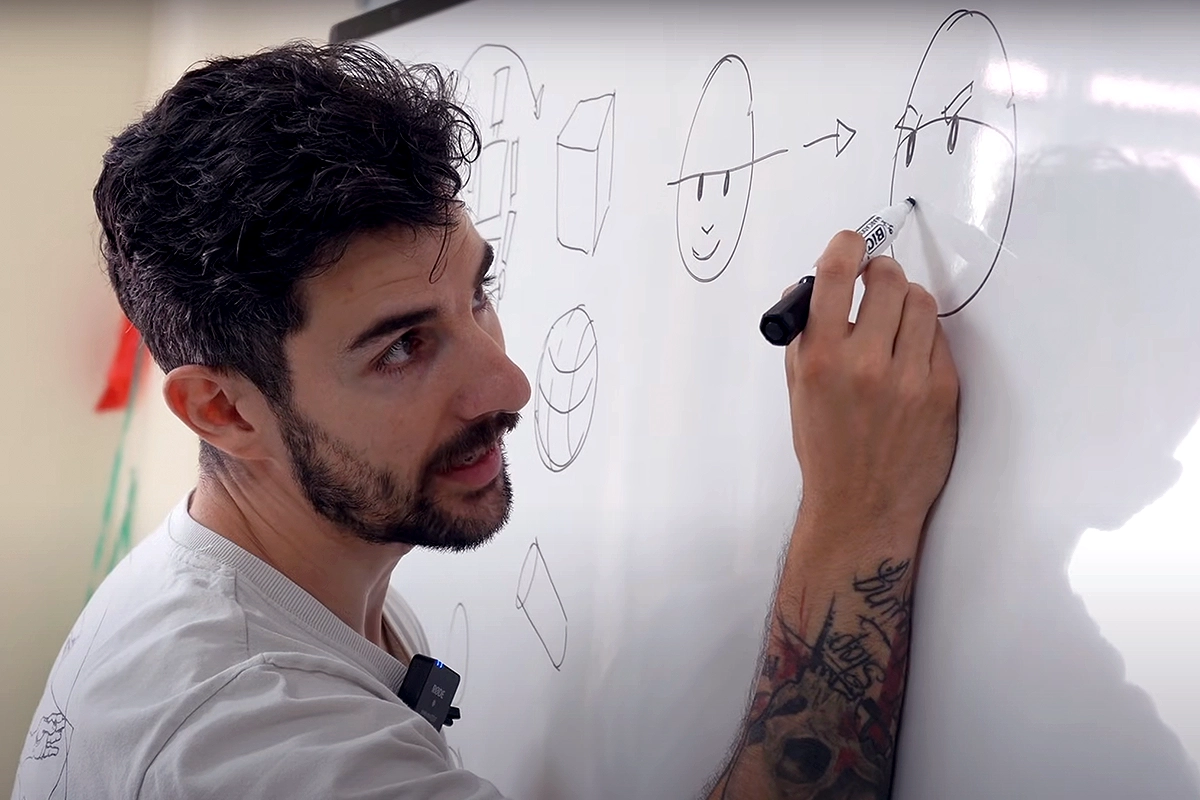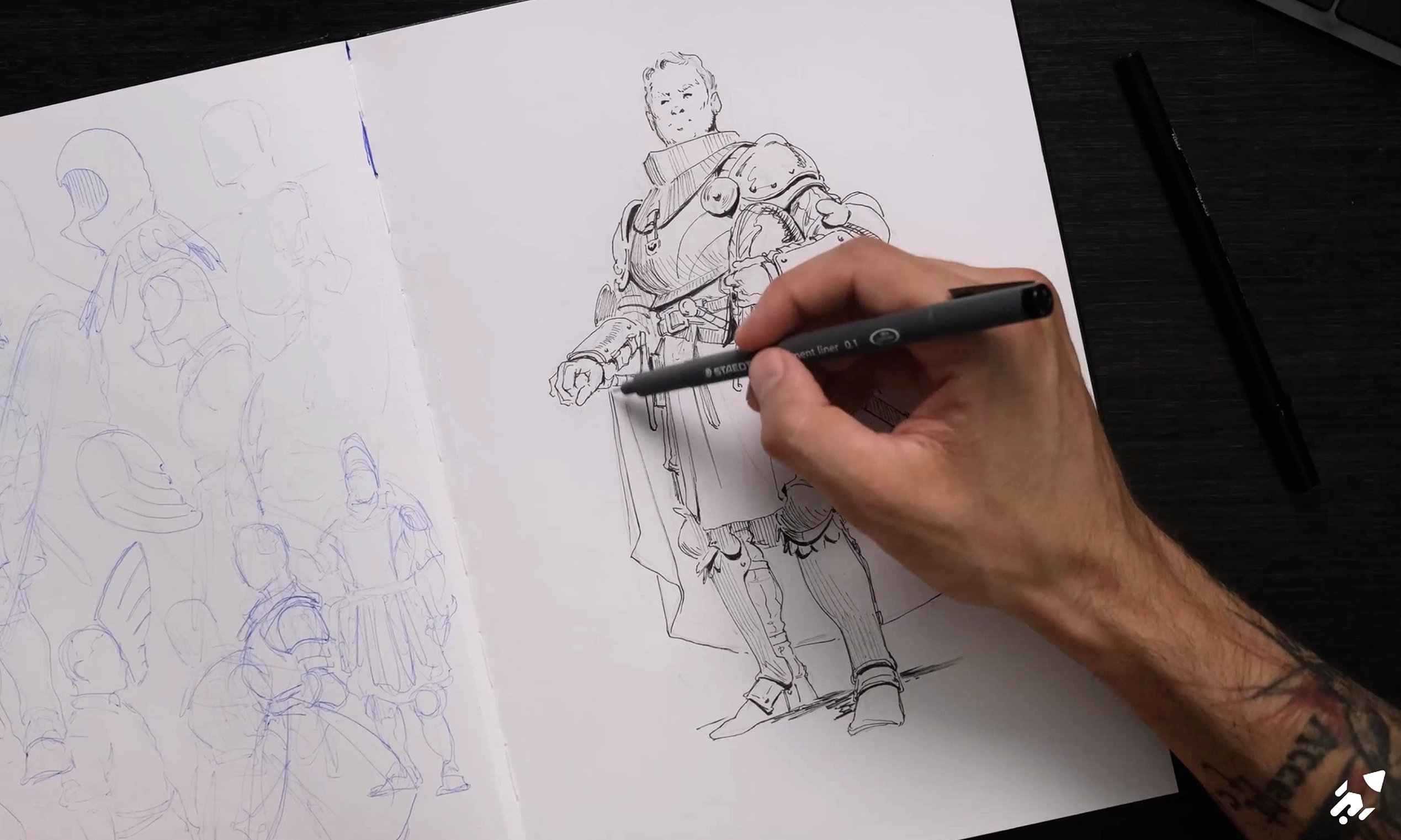
Drawing Principles for Beginners: Unlocking the Secret Link Between Drawing and Painting
How Drawing Principles Help Beginners Become Skilled Painters
Many students ask, 'Where’s the painting roadmap?' The truth is, every great painting journey begins with drawing. Drawing isn’t just about creating lines—it’s the key to understanding form, value, and color, which are essential for painting. When I worked professionally, I noticed that many artists rushed into painting without a strong foundation in drawing. This often led to frustration and confusion. That’s why I wrote this post—to show you how mastering drawing principles can unlock your potential as a painter and make the transition to painting seamless and exciting!
Understanding Form: The Foundation of Drawing and Painting
Form is what makes objects look three-dimensional on a flat surface—it’s the essence of creating realistic art. Without understanding form, painting becomes much harder because shadows, lights, and edges won’t look believable. Start by practicing how to draw three-dimensional forms on a two-dimensional plane. This foundational skill will set you up for success in both drawing and painting!
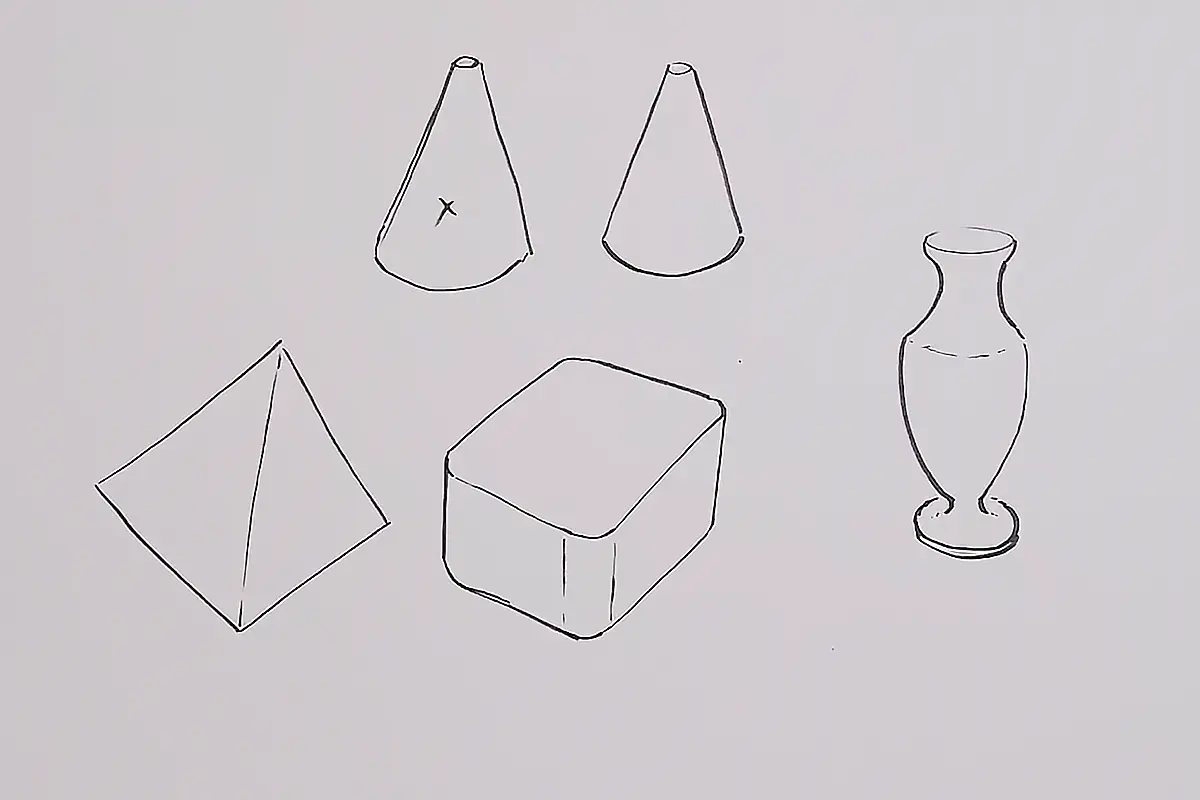
Indicating Form with Lines for Depth and Dimension
Once you understand form, the next step is learning how to indicate it believably using contour lines and hatching. Instead of shading everything, use lines to show depth and follow the contours of your forms. This technique simplifies complex concepts and allows you to focus on one skill at a time. By eliminating unnecessary variables, you’ll improve faster and build confidence in your ability to create realistic shapes.
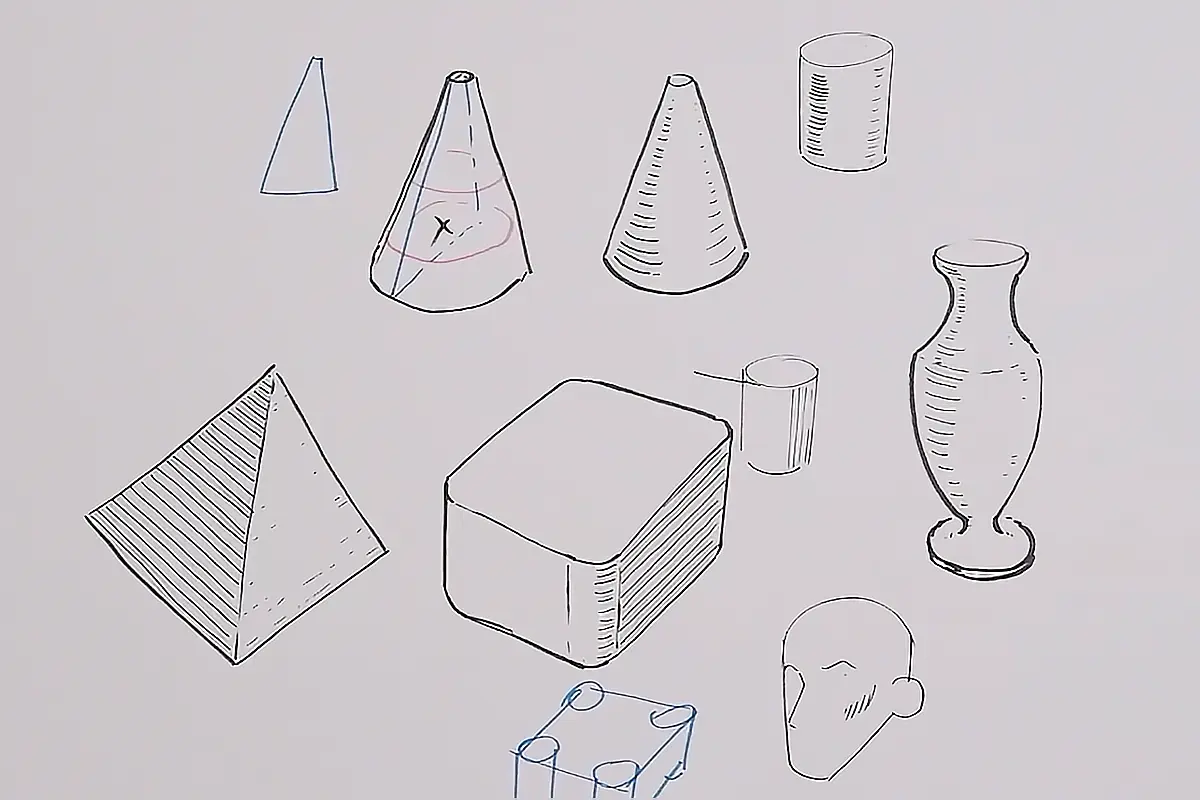
Understanding Value: Light and Shadow Principles
Value—the lightness or darkness of a color—is crucial for creating realistic forms. Learn how light affects objects by studying shadows, ambient light, direct light, and half tones. Practice placing values on your forms to make them look more convincing. Mastering value will help you understand where light hits an object and where shadows fall, making your art more dynamic and believable!
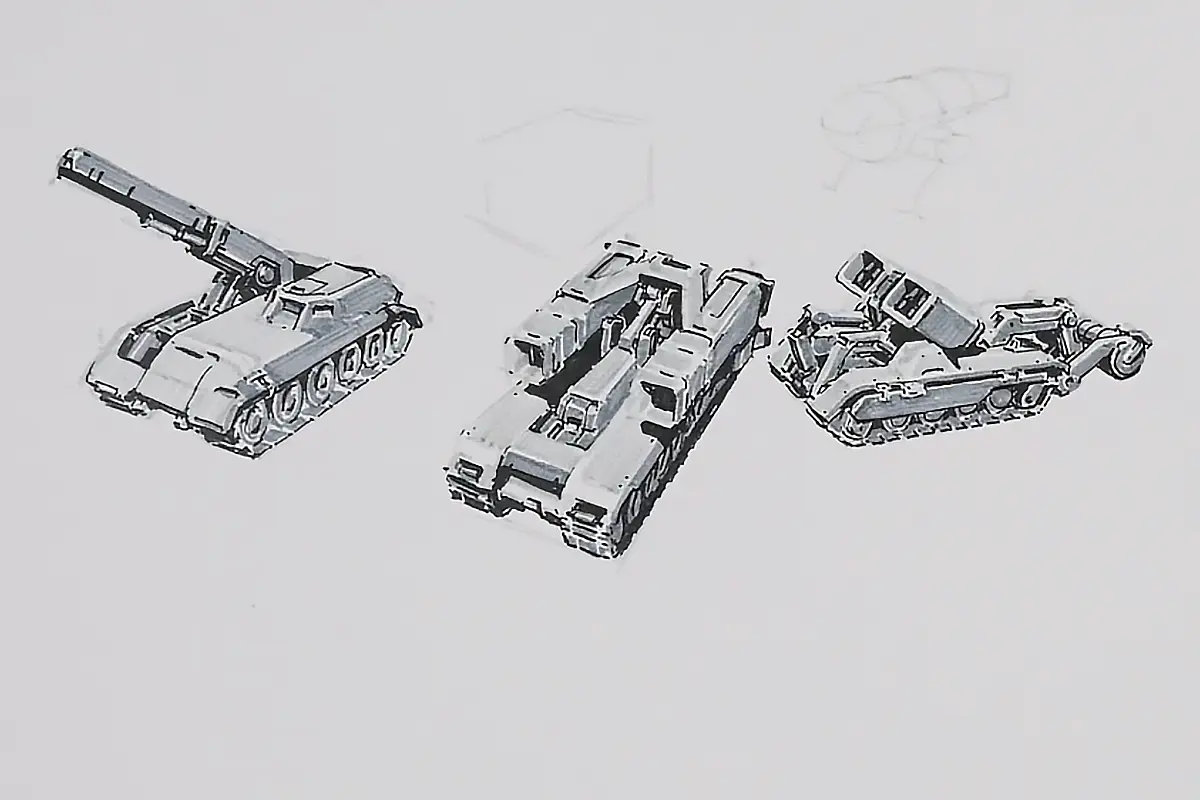
artwork by: Jonas Minnebo
The Secret Sauce: Using Colored Lines
Here’s where things get exciting—colored lines! Once you’ve mastered form indication and value using regular lines, start experimenting with colored lines to enhance your drawings further. Use colored pencils, markers, or digital tools to indicate planes and add depth through color. This technique bridges the gap between drawing and painting by introducing color experimentation while maintaining the structure of your forms.
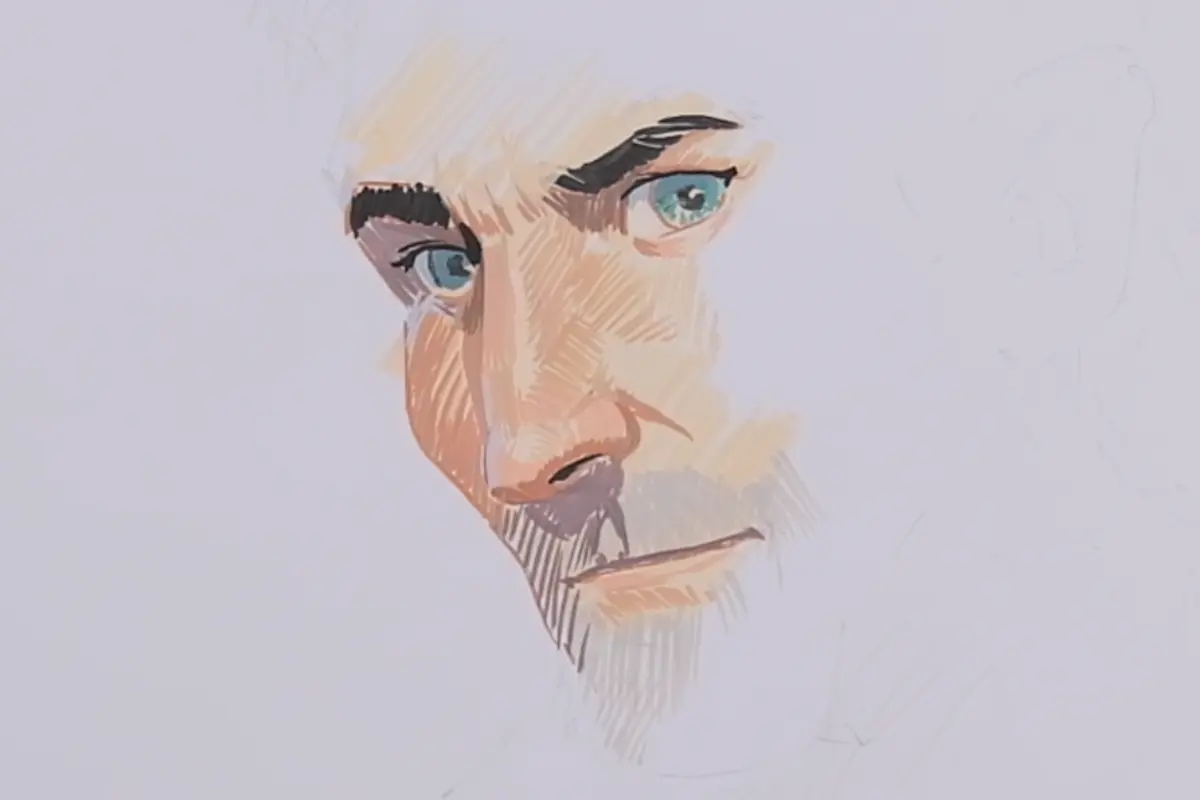
Moving Closer to Painting: From Lines to Brush Strokes
To transition from drawing to painting, start treating thicker contour lines as brush strokes. These strokes indicate planes and contours in three-dimensional space while creating the illusion of realism. For example, if you’re drawing a nose with two planes (top and side), indicate each plane’s contour line with color or value—just like you would in painting but without fully shading or blending yet. This approach helps you understand how drawing principles translate directly into painting techniques!
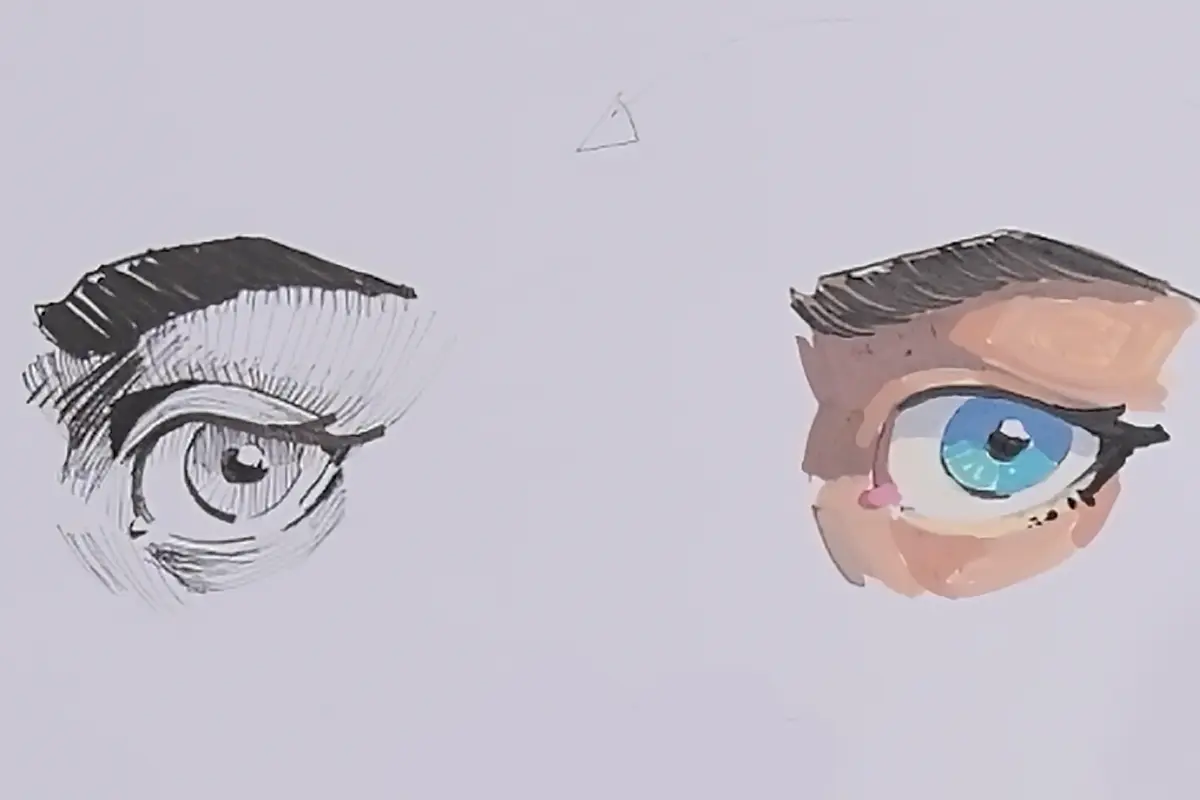
Drawing as Your Bridge to Painting
Drawing is more than just a skill—it's your bridge to becoming a skilled painter! By mastering form indication, value placement, and experimenting with colored lines, you’ll build a strong foundation that makes painting feel like a natural extension of your drawing skills. With practice, these principles will serve you well in any artistic endeavor—even if you choose to leave some behind later.
Remember, painting isn’t a separate skill—it’s simply an evolution of everything you’ve learned through drawing. So keep practicing every day, experiment boldly with color, and enjoy the journey!


